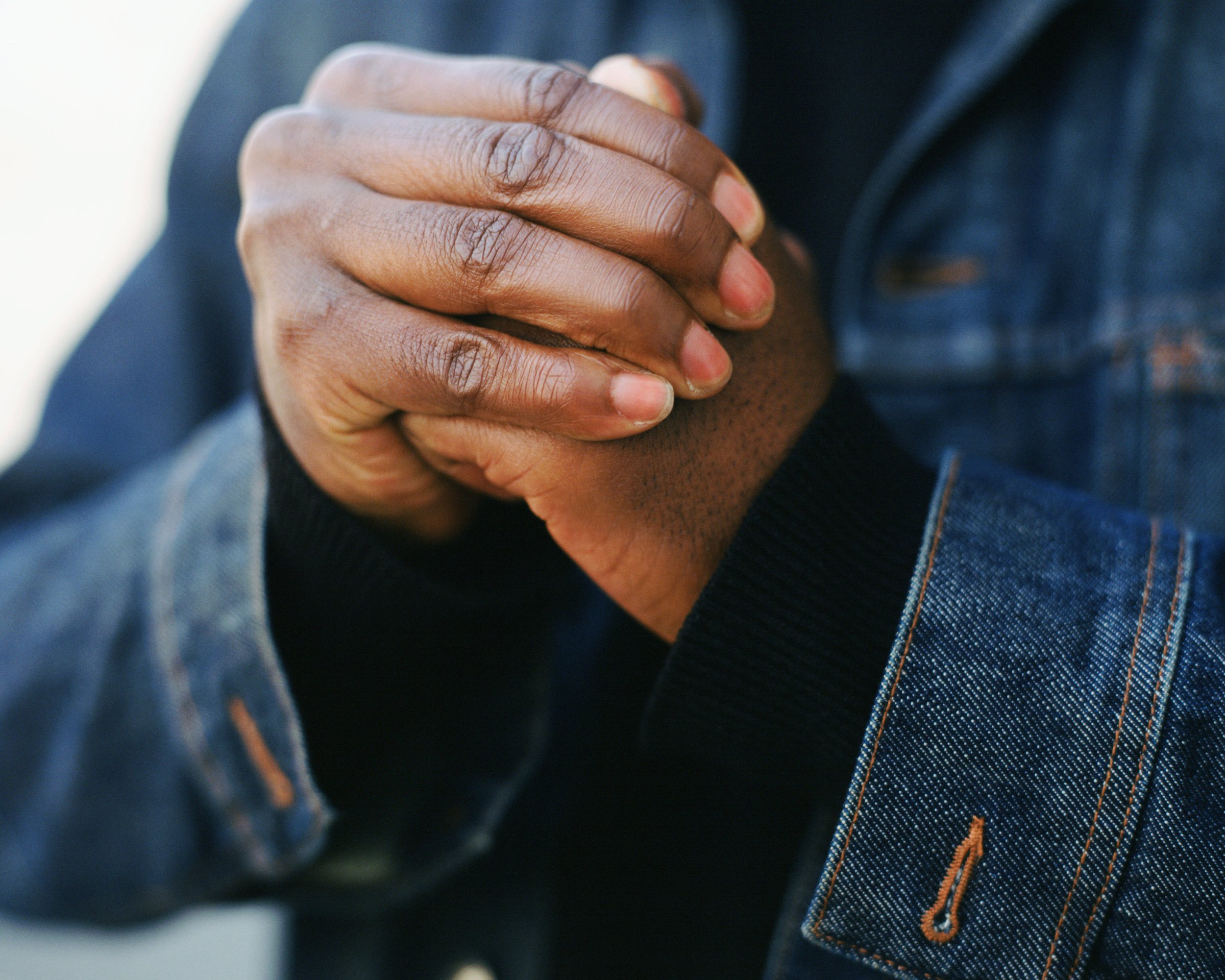
Correction appended, Dec. 2
The human body has always been something of a two-legged calliope—a sound effects machine capable of an almost unlimited range of noises. Some are pretty easy to understand—the whistle, the sneeze, the, well, you can figure out the others. Some are more mysterious—which brings us to knuckle-cracking.
There’s never been complete agreement on what it is that actually causes the singular bone-snapping sound of a cracked knuckle—except that it’s not a bone snapping. The best guesses were that it was caused by a joint resettling or a tendon shifting. The very best guess was that it had to do with bubbles of carbon dioxide either forming or popping in the synovial fluid that lubricates and cushions joints. But for a long time a very good guess was all it was. Now, a study presented at a meeting of the Radiological Society of North America more or less confirms the bubble theory—and it arrived at its conclusion in a decidedly nifty way.
MORE: You Asked: Is Cracking Your Knuckles Bad?
In the study, Dr. Robert Boutin, a professor of radiology at the University of California, Davis, first recruited two sample groups. One was made up of 30 men and women—all of whom were confessed knuckle crackers. Boutin multiplied the number of years the subjects had been cracking their knuckles with the estimated number of cracks per day and wound up with a total 33 to 800 crack-years (yes, crack-years) per patient. He then recruited ten more non-knuckle crackers, each with a perfect zero on the crack-year scale.
All of the subjects were then asked to try to crack the knuckle at the base of each finger—called the metacarpophalangeal joint—while the knuckle was being scanned by ultrasound. In 62 of 400 attempted trials, the knuckle actually produced the trademark crack (a surprisingly low rate compared to, say, the person sitting next to you in an otherwise quiet movie theater who somehow seems to produce 401 cracks in 400 trials. Or maybe that’s observation bias.)
More important, in all of the experimental cracking events, the sonogram produced what the researchers called “a brilliant hyperechoic flash” that lasted approximately 115 milliseconds—or one one-thousandth of a second. To eliminate observation bias on the part of the researchers themselves, Boutin and his colleagues then turned all 400 scans over to radiologists who were not a part of the study and did not know which knuckles had been the noisy ones. They identified the images of the audible cracking with 94% accuracy. The number of years the subjects had been cracking or not cracking did not affect the appearance of the sonogram flash.
On the fundamental question of the cause of the sound, Boutin was conclusive that the bubble model is a good one. “There have been several theories over the years and a fair amount of controversy about what’s happening in the joint when it cracks,” he said. “We’re confident that the cracking sound and bright flash on ultrasound are related to the dynamic changes in pressure associated with a gas bubble in the joint.”
Left unanswered in that explanation was the forming-or-popping question—did the crack herald the birth or death of the bubble? On that score, Boutin was more equivocal, saying that more research was necessary. Pressed by the Washington Post, however, he did acknowledge that the sound of the crack always preceded the flash that was seen in the scan, which did suggest a bubble forming, not disappearing.
Happily for people who crack their knuckles—and unhappily for loved ones who dearly wish they’d stop and need ways to scare them out of the habit—knuckle-cracking did not appear to result in any pain, swelling or disability in the joint, at least during the brief course of the study. And range of motion did increase in a joint that has just been cracked. The wisdom then remains what it’s always been: if you don’t crack, don’t start. If you do, well, at least stay out of movie theaters.
Correction: The original version of this story misspelled the name of the principal investigator. He is Dr. Robert Boutin.
More Must-Reads from TIME
- Cybersecurity Experts Are Sounding the Alarm on DOGE
- Meet the 2025 Women of the Year
- The Harsh Truth About Disability Inclusion
- Why Do More Young Adults Have Cancer?
- Colman Domingo Leads With Radical Love
- How to Get Better at Doing Things Alone
- Michelle Zauner Stares Down the Darkness
Write to Jeffrey Kluger at jeffrey.kluger@time.com